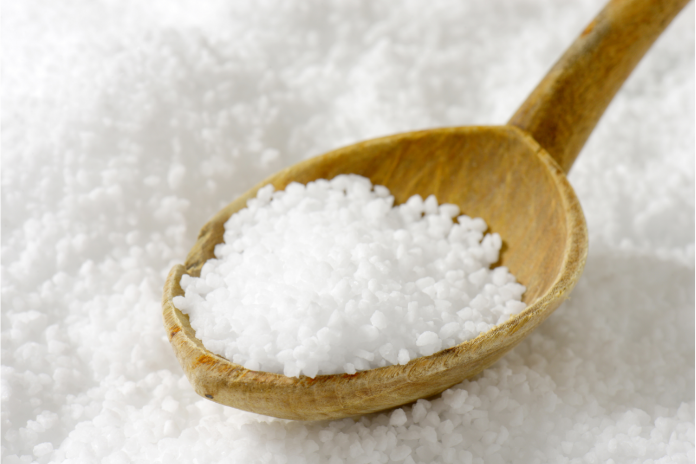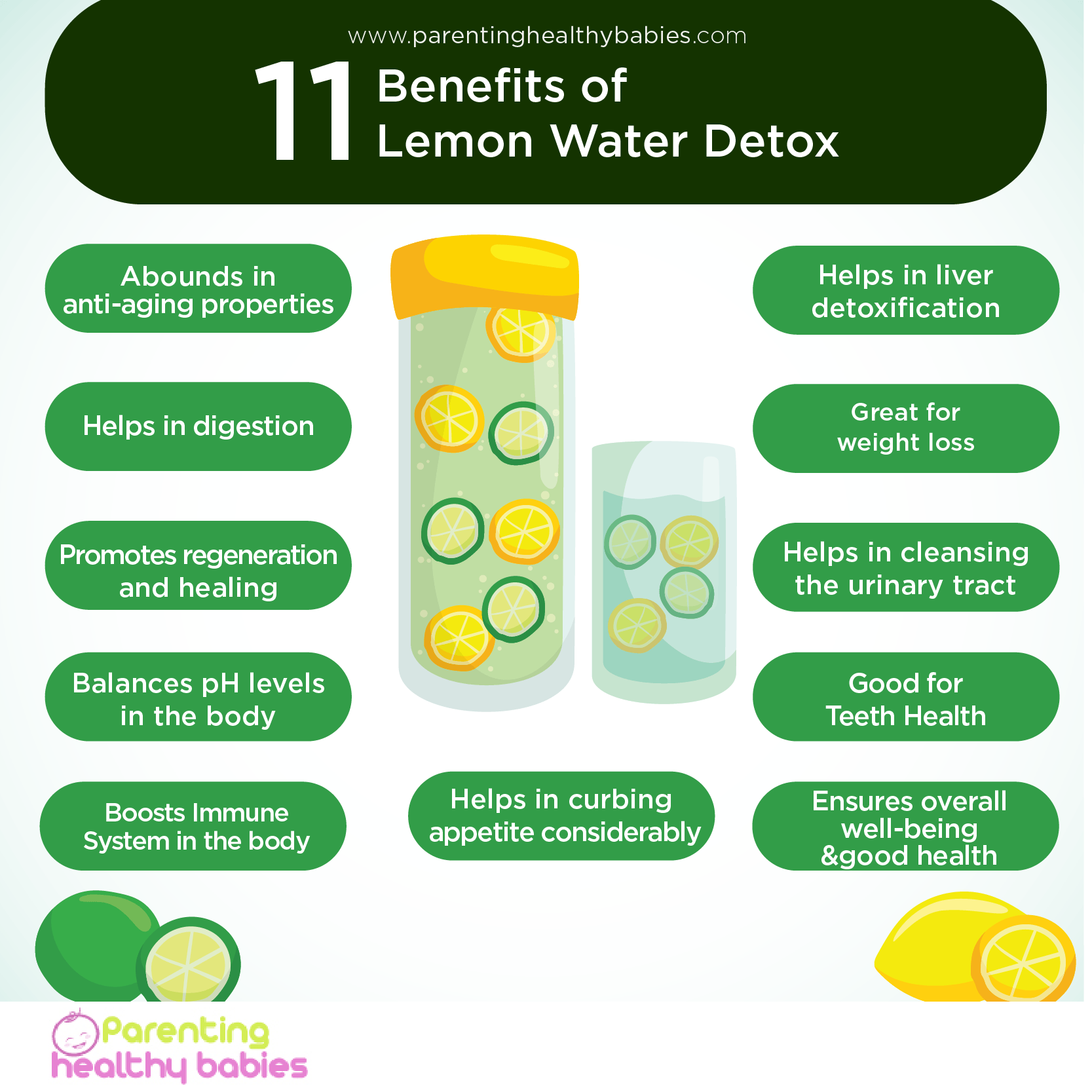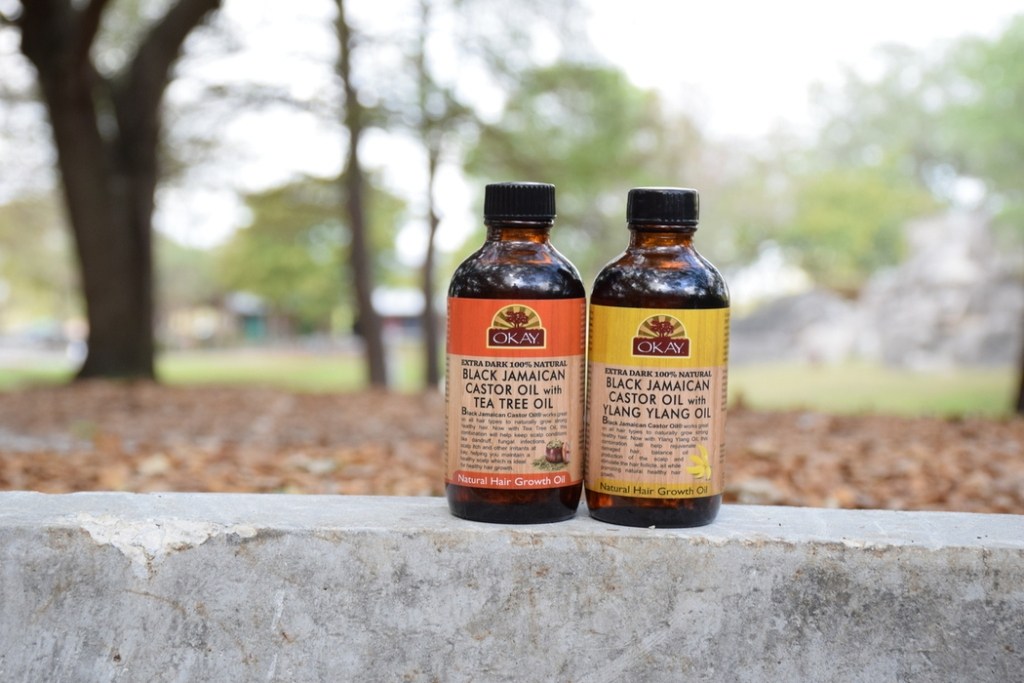Kosher salt, typically used for cooking, is the most infamous ingredient in the kitchen. Salts are an important part of the balanced diet, and it also helps in maintaining our health and nutrition! Kosher salt is a coarse edible salt without additives like iodine. It is the ingredient without which our kitchen would be incomplete, and dishes would be tasteless.
What Is Kosher Salt?
Kosher salt is an edible salt without additives like iodine. It is used for cooking and it is impossible to imagine cooking without it! Its crystals are huge, and it consists of sodium chloride and anticaking agents. It is also called rock salt, flake salt, cooking salt, koshering salt, and koshering salt.
How Does It Taste?
Kosher salt has wider grains and is usually coarser. The salt is a little gentle than table salt, rather than making the food salty, this salt helps in enhancing the taste of the food and dishes.
Is It Good For Your Health?
Kosher salt is less processed and more natural. It tends to contain fewer additives than table salt. It also has less sodium content as compared to table salt, thus it is healthier to consume.
5 Amazing Health Benefits Of Kosher Salt In Your Diet
Hydrated Body
Kosher salt helps in keeping the body hydrated. It improves hydration levels and helps to maintain electrolyte balance, which is quite necessary for the organs in the body to function properly.
Helps in Maintaining The Blood Pressure
An inadequate amount of sodium concentration in the body can be a life-threatening condition, as it can lead to low blood pressure/hypertension. Consuming enough salt can help maintain the blood pressure in the body.
Helps Improve Digestion
The sodium chloride present in this rock salt helps in balancing the levels of hydrochloric acid in the stomach. It’s pretty helpful for preventing the origin of various digestive disorders. The presence of hydrochloric acid can help in preventing digestive problems such as heartburn, bloating, gas and indigestion. Sodium chloride helps in the smooth and easy digestion of food.
Beneficial For Oral Health
The antibiotics present in the kosher salt can help kill infectious germs in the oral cavity and the gums. It decreases the chances of swelling gums, sore throats, sinus infections, and gum infections. It can also act as a medicine, when the mouth is rinsed with water and kosher salt, gargles can help prevent gingivitis and caries.
Prevents Heart Attack
The sodium content is quite low, which is beneficial for preventing high blood pressure. Reducing and preventing blood pressure can decrease the risk of heart attack and other health constraints.
Kosher Salt vs. Sea Salt: Which Is Better?
Sea Salt
Also known as bay salt, it is pretty small, comes in various sizes, and consists of clear crystals. It is shaped like an inverted pyramid. Sea salt is available in coarse as well as fine crystals. It is used in cooking and cosmetics as an enhancer and is added in the finishing usually. It melts smoothly on the tongue and helps in giving a tangy punch to the cooked food and dishes. Sea salt is coarse but not very dense, as its flakes aren’t uniform! It can be colored and is available in a variety of colors, and also has traces of minerals like magnesium, calcium, and potassium. Sea salt is the least processed salt among the salts. It is collected from evaporated seawater and salty rivers thus, it is quite expensive than kosher salt!
Kosher Salt
It consists of large uneven large white coarse grains, thus it is named rock salt. Kosher salt is used by cooks to extract blood from meat, it is the most widely used salt and is extensively used in commercial kitchens. It isn’t dense and has large flakes, thus it can be used in large quantities in place of table salt. However, it is a little expensive than table salt! It is versatile and can be used to season foods at any phase in the cooking process. It adds crunch to savory dishes just like the sea salt. Kosher salt is less processed than table salt which is the reason behind its widespread use in kitchen and cooking dishes.
Can It Be Consumed Daily?
One teaspoon of kosher salt contains 1,120 milligrams of sodium. The total intake of sodium should be limited to less than 2,300 milligrams a day. It is safe to consume 2 grams/one teaspoon! That is good enough to regulate the body, health and is quite safe to consume.
Dietary Restrictions
Kosher salt has sodium chloride. Thus people with high blood pressure problems and cardiovascular diseases should cut their intake or use it in a specified amount. According to the kosher Jewish traditions, it is advised that this salt should not be paired with meat and dairy! Though this is largely debated. It is advised that people with an underlying disease should always consider consulting their doctor and dietician.
Sources:
- Https://www.everydayhealth.com/diet-nutrition/diet/salt-health-benefitsrisks-types-how-cut-back-more/
- Https://www.healthline.com/nutrition/what-is-kosher#bottom-line













